The title speaks for itself. These are recent epiphanies I’ve had. Some are profound others less so. Enjoy.
 Last weekend, at ConCarolinas, I was honored with the Polaris Award, which is given each year by the folks at Falstaff Books to a professional who has served the community and industry by mentoring young writers (young career-wise, not necessarily age-wise). I was humbled and deeply grateful. And later, it occurred to me that early in my career, I would probably have preferred a “more prestigious” award that somehow, subjectively, declared my latest novel or story “the best.” Not now. Not with this. I was, essentially, being recognized for being a good person, someone who takes time to help others. What could possibly be better than that?
Last weekend, at ConCarolinas, I was honored with the Polaris Award, which is given each year by the folks at Falstaff Books to a professional who has served the community and industry by mentoring young writers (young career-wise, not necessarily age-wise). I was humbled and deeply grateful. And later, it occurred to me that early in my career, I would probably have preferred a “more prestigious” award that somehow, subjectively, declared my latest novel or story “the best.” Not now. Not with this. I was, essentially, being recognized for being a good person, someone who takes time to help others. What could possibly be better than that?
Nancy and I recently went back to our old home in Tennessee for the wedding of the son of dear, dear friends. Ahead of the weekend, I was feeling a bit uneasy about returning there. By the time we left last fall, we had come to feel a bit alienated from the place, and we were constantly confronting memories of Alex — everywhere we turned, we found reminders of her. But upon arriving there this spring, I recognized that I had control over who and what I saw and did and even recalled. I avoided places that were too steeped in hard memories. I never went near our old house — I didn’t want to see it if it looked exactly the same, and I really didn’t want to see it if the new owners made a ton of changes! But most of all, I took care of myself and thus prevented the anxieties I’d harbored ahead of time from ruining what turned out to be a fun visit. I may suffer from anxiety, but I am not necessarily subject to it. I am, finally, at an advanced age, learning to take care of myself.
Even if I do not make it to “genius” on the Spelling Bee AND solve the Mini AND the Crossword AND Wordle AND Connections AND Strands each day, the world will still continue to turn. Yep. It’s true.
I do not know when or if I will ever write another word of fiction. But when and if I do, it will be because I want to, because I have a story I need to tell, something that I am certain I will love. Which is as it should be.
The lyric is, “She’s got electric boots/A mohair suit/You know I read it in a magazine.” Honest to God.
I am never going to play center field for the Yankees. I am never going to appear on a concert stage with any of my rock ‘n roll heroes. I am never going to be six feet tall. Or anywhere near it. All of this may seem laughably obvious. Honestly, it IS laughably obvious. But the dreams of our childhood and adolescence die hard. And the truth is, even as we age, we never stop feeling like the “ourself” we met when we were young.
Grief is an alloy forged of loss and memory and love. The stronger the love, and the greater the loss, and the more poignant the memories, the more powerful the grief. Loss sucks, but grief is as precious as the rarest metals — as precious as love and memory.
As a student of U.S. History — a holder of a doctorate in the field — I always assumed that our system of government, for all its obvious flaws and blind spots, was durable and strong. I believed that if it could survive the War of 1812 and the natural growing pains of an early republic, if it could emerge alive, despite its wounds, from Civil War and Reconstruction, if it could weather the stains of McCarthyism and Vietnam and Watergate, it could survive anything. I was terribly wrong. As it turns out, our Constitutional Republic is only as secure as the good intentions of its principle actors. Checks and balances, separation of powers, the norms of civil governance — they are completely dependent on the willingness of those engaged in governing to follow historical norms. Elect people who are driven not by patriotism but by greed and vengeance, bigotry and arrogance, unbridled ego and an insatiable hunger for power, and our republic turns out to be as brittle as centuries-old paper, as ephemeral as false promises, as fragile as life itself.
I think the legalization of weed is a good thing. Legal penalties for use and possession were (and, in some states, still are) grossly disproportionate to the crime, and they usually fell/fall most heavily on people of color and those without the financial resources necessary to defend themselves. So, it’s really a very, very good thing. But let’s be honest: Part of the fun of getting high used to be the knowledge that we were doing something forbidden, something that put us on the wrong side of the law. It allowed otherwise well-behaved kids to feel like they (we) were edgy and daring. There’s a small part of me that misses that. Though it’s not enough to make me move back to Tennessee….
I’ll stop there for today. Perhaps I’ll revisit this idea in future posts.
In the meantime, have a great week.









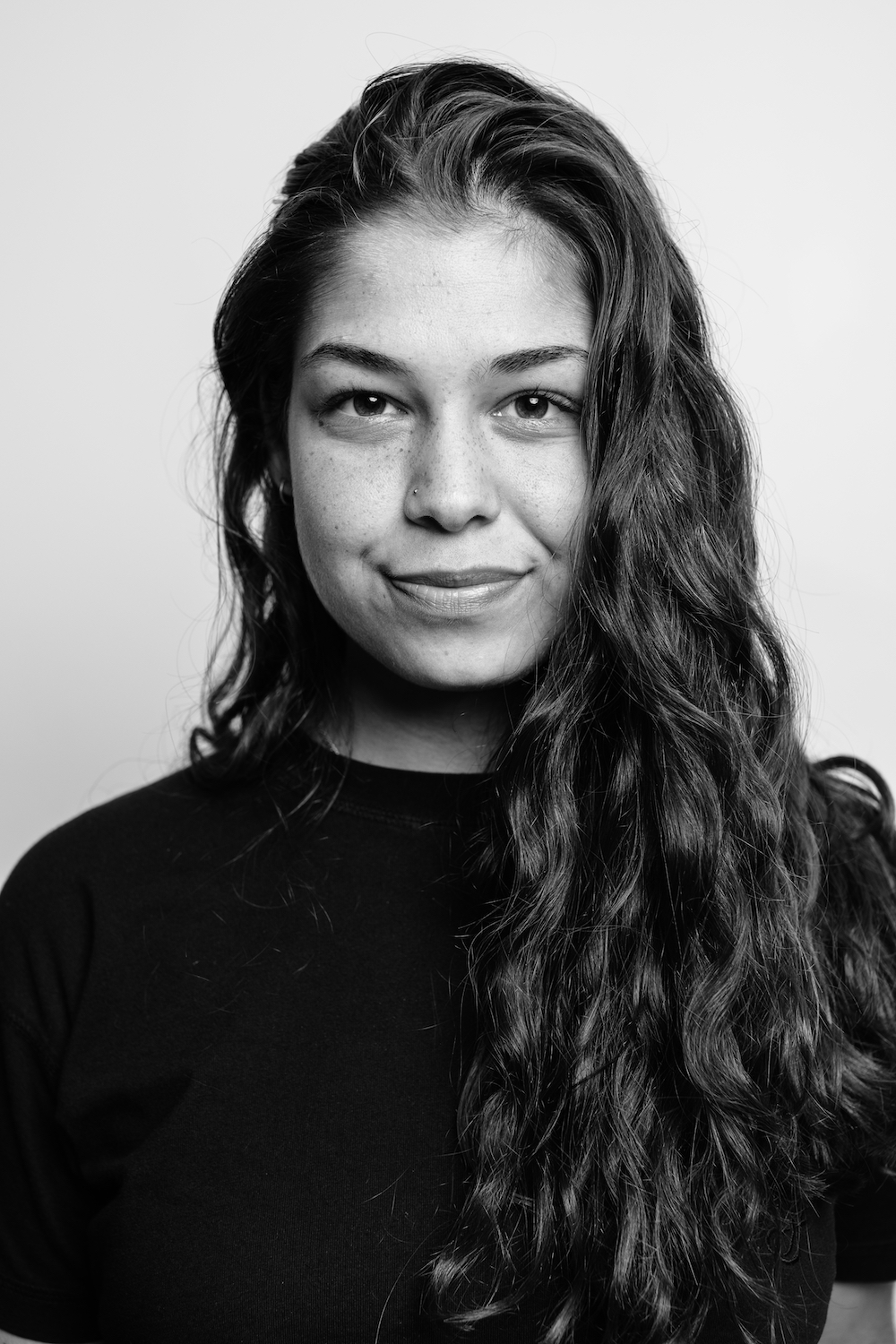 Our beloved older daughter would have been thirty years old today.
Our beloved older daughter would have been thirty years old today. Later we realized that the name was too small to contain her, too simple to encompass all that she was, all that she would grow to be. She might have been the smallest in her class, but she was smart as hell and personable, with a huge, charismatic personality. She might have been the smallest on her teams, but she was fast and savvy and utterly fearless. On the soccer pitch and in the swimming pool, she was fierce and hard-working. Size didn’t matter. She might have been the smallest on stage, but she danced with passion and joy and grace, and, when appropriate, with a smile that blazed like burning magnesium.
Later we realized that the name was too small to contain her, too simple to encompass all that she was, all that she would grow to be. She might have been the smallest in her class, but she was smart as hell and personable, with a huge, charismatic personality. She might have been the smallest on her teams, but she was fast and savvy and utterly fearless. On the soccer pitch and in the swimming pool, she was fierce and hard-working. Size didn’t matter. She might have been the smallest on stage, but she danced with passion and joy and grace, and, when appropriate, with a smile that blazed like burning magnesium.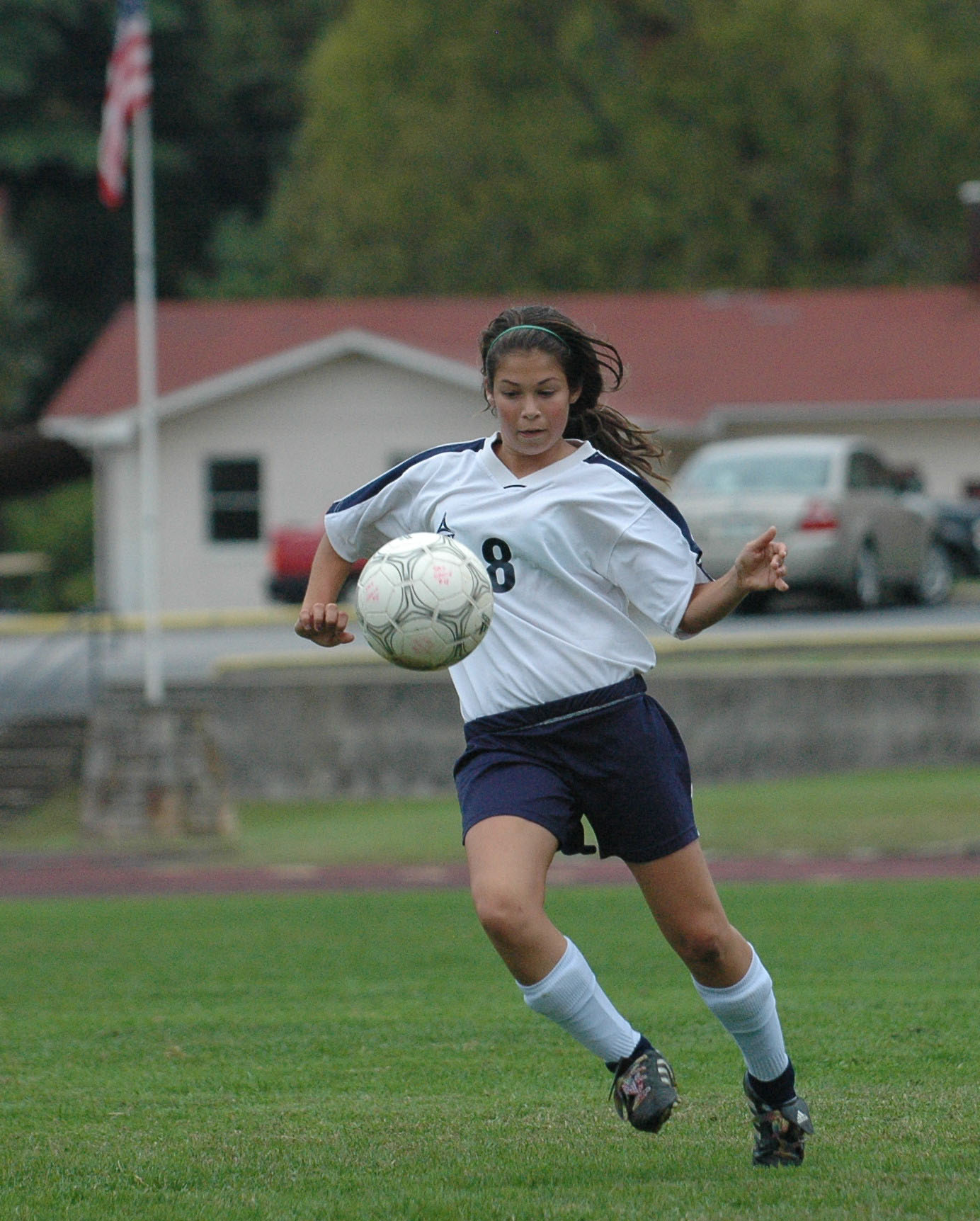 One time, in a soccer match against a hated rival, a player from the other team, a huge athlete nearly twice Alex’s size, grew tired of watching Alex’s back as she sped down the touchline on another break. So she fouled Alex. Hard. Slammed into her and sent her tumbling to the ground. I didn’t have time to worry about my kid. Because Alex bounced up while the ref’s whistle was still sounding, and wagged a finger at the girl. “Oh, no you don’t,” that finger-wag said. “You can’t intimidate me.”
One time, in a soccer match against a hated rival, a player from the other team, a huge athlete nearly twice Alex’s size, grew tired of watching Alex’s back as she sped down the touchline on another break. So she fouled Alex. Hard. Slammed into her and sent her tumbling to the ground. I didn’t have time to worry about my kid. Because Alex bounced up while the ref’s whistle was still sounding, and wagged a finger at the girl. “Oh, no you don’t,” that finger-wag said. “You can’t intimidate me.” She was effortlessly cool, like her uncle Bill — my oldest brother. And she had a wicked sense of humor. She was brilliant and beautiful. She loved to travel. She loved music and film and literature. She was passionate in her commitment to social justice. She adored her younger sister. And she was without a doubt the most courageous soul I have ever known.
She was effortlessly cool, like her uncle Bill — my oldest brother. And she had a wicked sense of humor. She was brilliant and beautiful. She loved to travel. She loved music and film and literature. She was passionate in her commitment to social justice. She adored her younger sister. And she was without a doubt the most courageous soul I have ever known.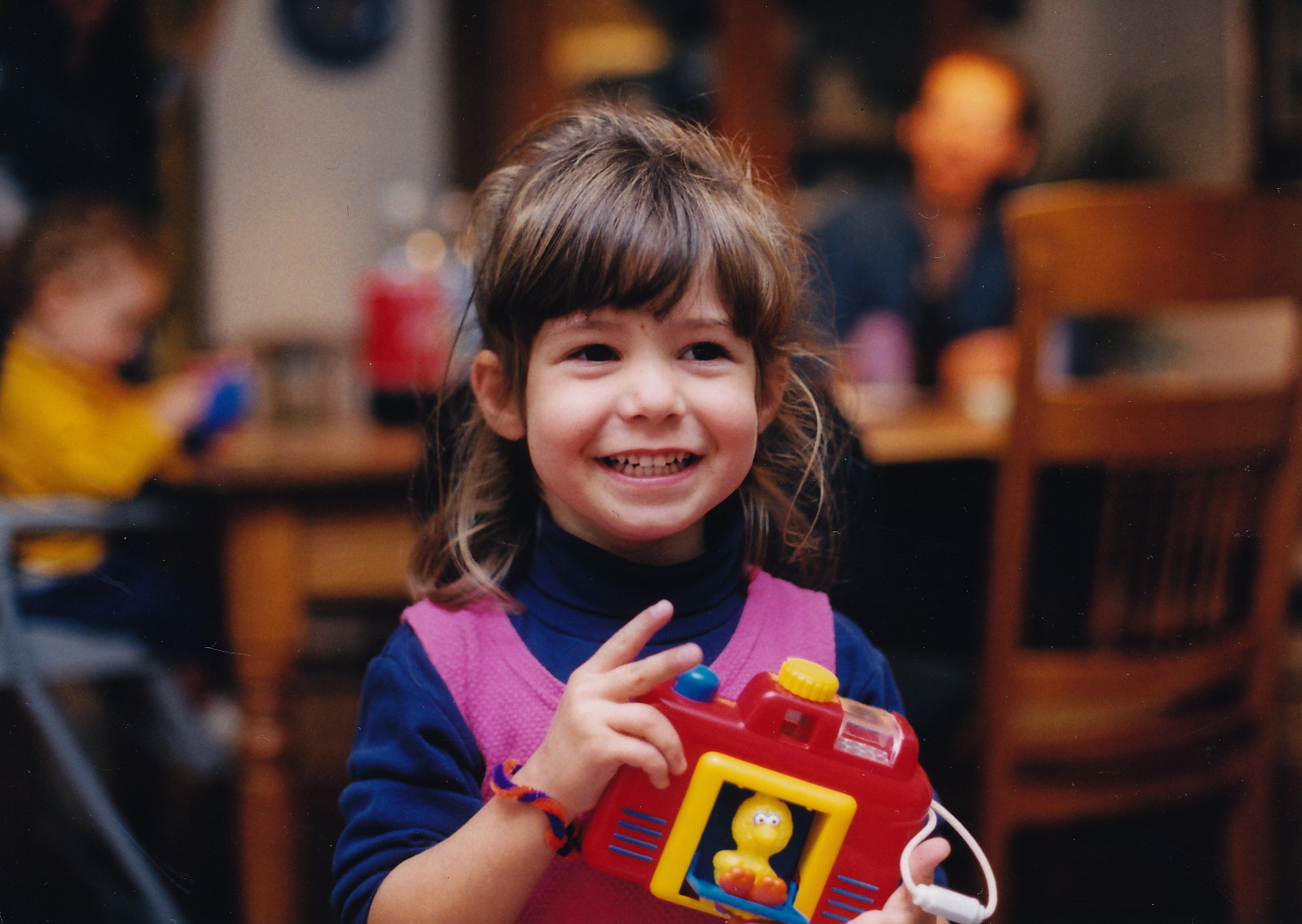 When Alex was three years old, Nancy took a sabbatical semester in Quebec City, at the Université Laval. I stayed in Tennessee, where I was overseeing the construction of what would become our first home. Once Nancy found a place for them to live, I brought Alex up to her and helped the two of them settle in. In part, that meant finding a day-school for Alex so that Nancy could conduct her research. We put her in a Montessori school that seemed very nice, but was entirely French-speaking. The first morning, Alex was in tears, scared of a place she didn’t know, among people she could scarcely understand. But we knew she would love it eventually, and as young parents, we had decided this was best. So we explained to her as best we could that we would be back in a few hours, that the people there would take good care of her, and that this was something we needed for her to do. I will never forget walking away from the school, with tiny Alex standing at the window, tears streaming down her face as she waved goodbye to us. And I remember thinking then, “She is the bravest person I know.” Remember, Alex, all of three years old, didn’t speak a word of French!!
When Alex was three years old, Nancy took a sabbatical semester in Quebec City, at the Université Laval. I stayed in Tennessee, where I was overseeing the construction of what would become our first home. Once Nancy found a place for them to live, I brought Alex up to her and helped the two of them settle in. In part, that meant finding a day-school for Alex so that Nancy could conduct her research. We put her in a Montessori school that seemed very nice, but was entirely French-speaking. The first morning, Alex was in tears, scared of a place she didn’t know, among people she could scarcely understand. But we knew she would love it eventually, and as young parents, we had decided this was best. So we explained to her as best we could that we would be back in a few hours, that the people there would take good care of her, and that this was something we needed for her to do. I will never forget walking away from the school, with tiny Alex standing at the window, tears streaming down her face as she waved goodbye to us. And I remember thinking then, “She is the bravest person I know.” Remember, Alex, all of three years old, didn’t speak a word of French!!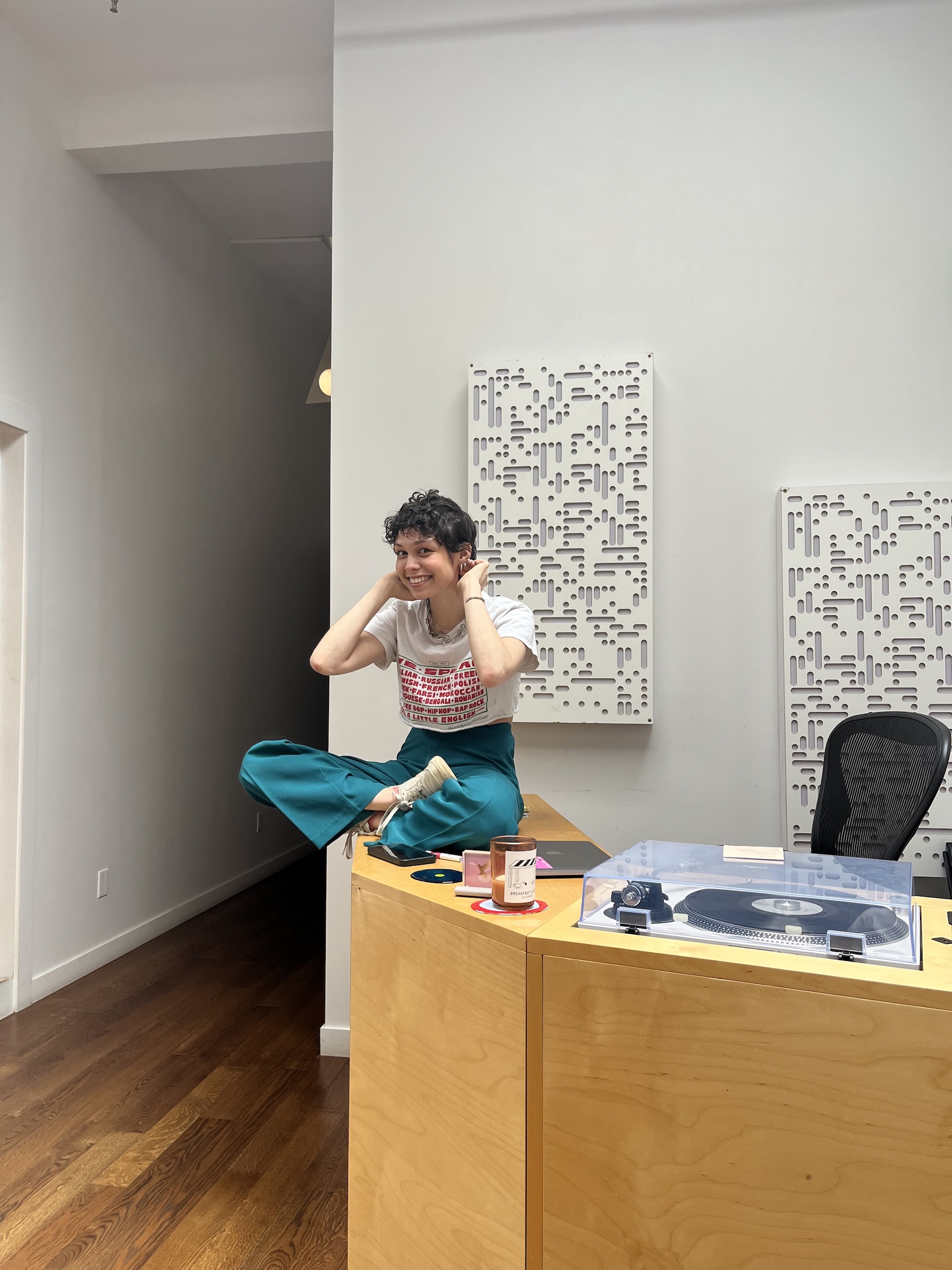 Her dauntlessness served her well on the pitch and in the pool, on stage and in the classroom. It fed an adventuresome spirit that took her to Costa Rica for a semester in high school, to the top of Mount Rainier with a summer outdoor program, to a successful four years at NYU, to Germany for part of her sophomore year in college, to Spain for all of her junior year in college, and on countless side-trips all over Europe.
Her dauntlessness served her well on the pitch and in the pool, on stage and in the classroom. It fed an adventuresome spirit that took her to Costa Rica for a semester in high school, to the top of Mount Rainier with a summer outdoor program, to a successful four years at NYU, to Germany for part of her sophomore year in college, to Spain for all of her junior year in college, and on countless side-trips all over Europe. She was, in short, remarkable. I loved her more than I can possibly say. I also admired her deeply. To this day, I push myself to do things that might make me uncomfortable or afraid by telling myself, “Alex would do it, and she’d want me to do it as well.”
She was, in short, remarkable. I loved her more than I can possibly say. I also admired her deeply. To this day, I push myself to do things that might make me uncomfortable or afraid by telling myself, “Alex would do it, and she’d want me to do it as well.”




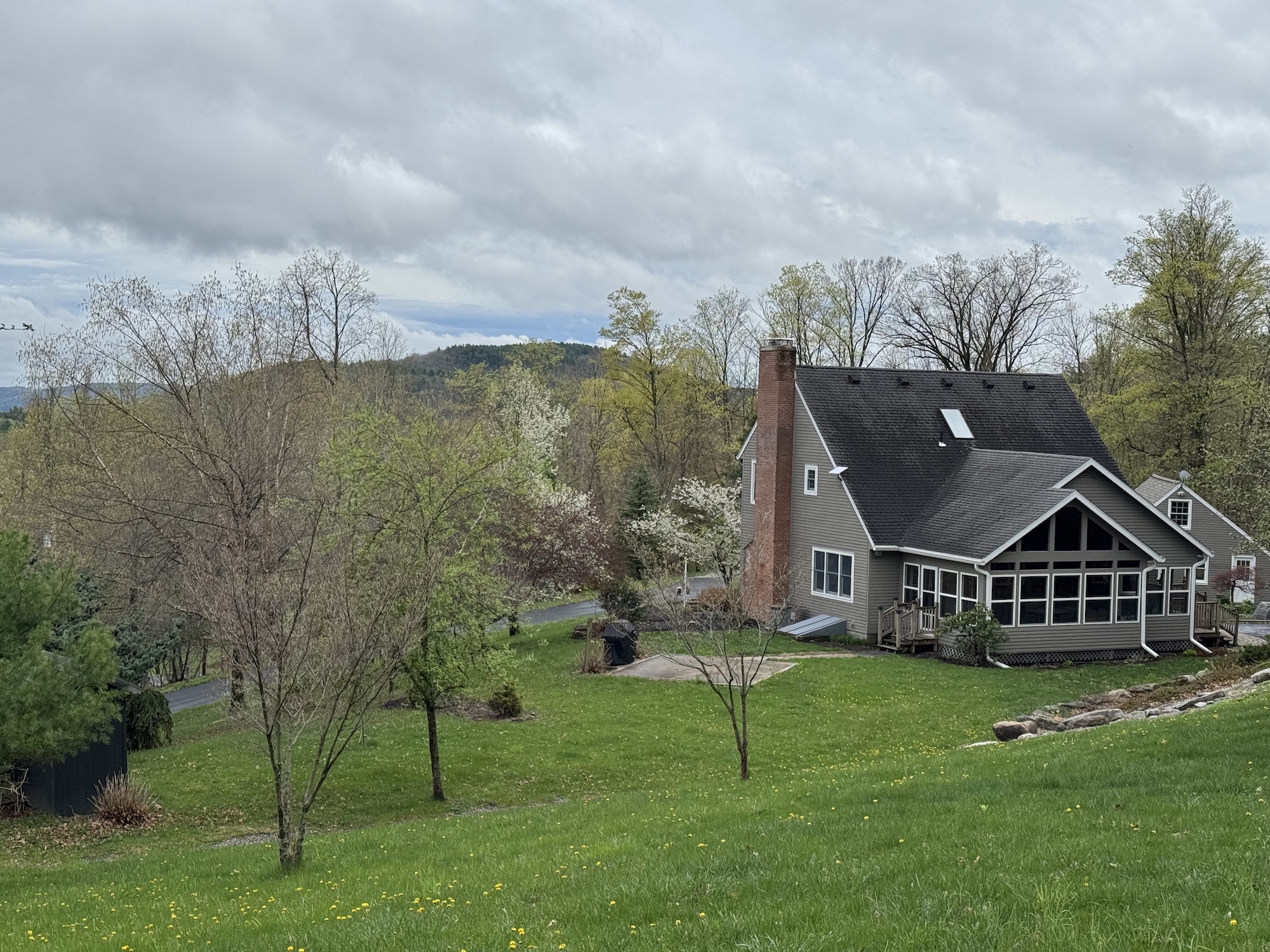
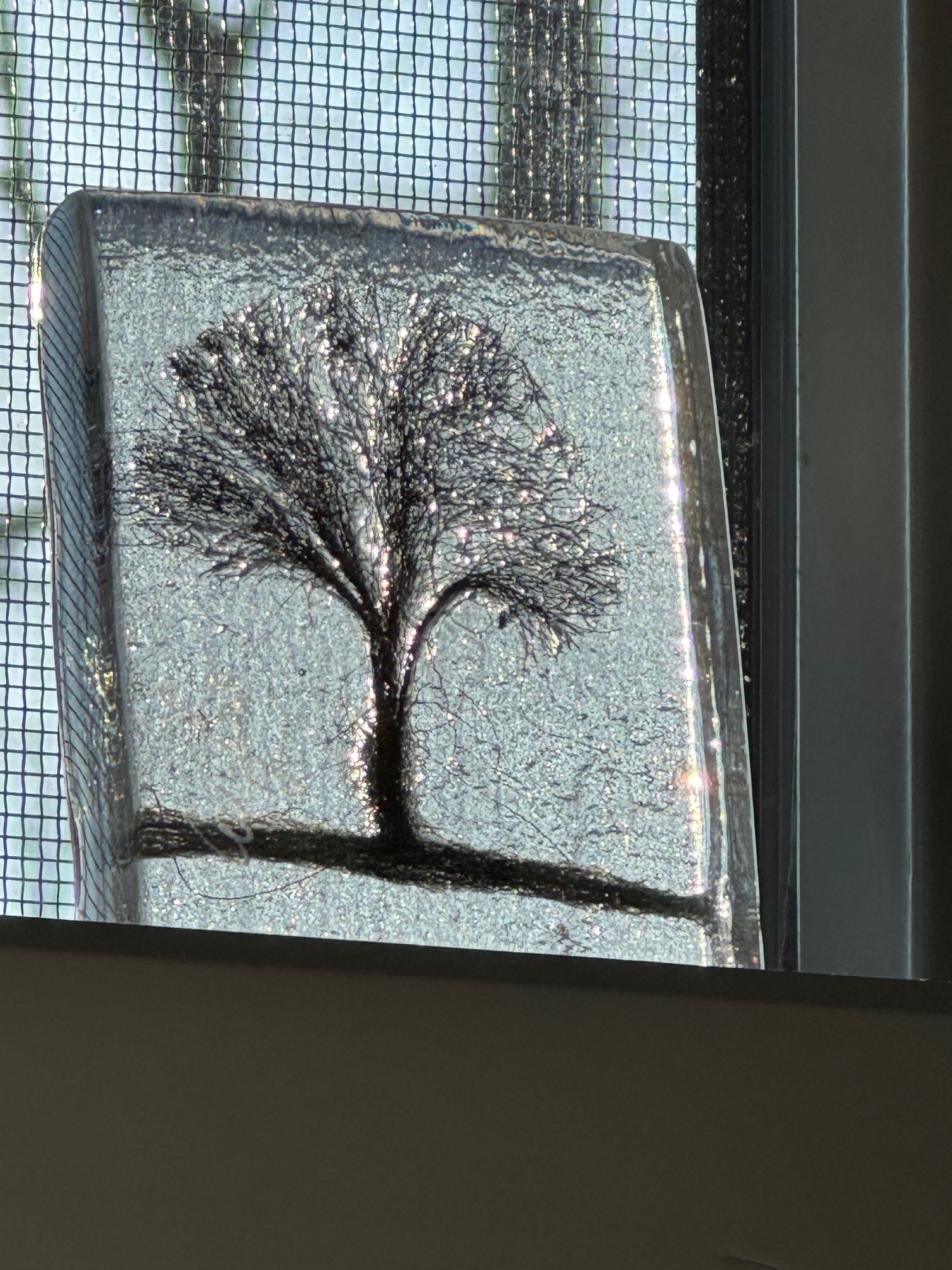 I kept it wrapped up even after we returned to the States. My plan was to open it once we were in our new house, which is what I did. It now sits in my office window, catching the late afternoon sun. And it reminds me of so much. That trip to Italy, which marked the beginning of my personal recovery from the trauma of losing Alex. That day in Venice, which was gloriously fun. The conversation with the kind shopkeeper, whose love for and pride in his father was palpable throughout our exchange. More, that little glass piece is an image of winter, and it sparkles like a gem when the sun hits it. It reminds me that even after a long cold winter, a time of grief and pain, there is always new life and the joy of a new spring.
I kept it wrapped up even after we returned to the States. My plan was to open it once we were in our new house, which is what I did. It now sits in my office window, catching the late afternoon sun. And it reminds me of so much. That trip to Italy, which marked the beginning of my personal recovery from the trauma of losing Alex. That day in Venice, which was gloriously fun. The conversation with the kind shopkeeper, whose love for and pride in his father was palpable throughout our exchange. More, that little glass piece is an image of winter, and it sparkles like a gem when the sun hits it. It reminds me that even after a long cold winter, a time of grief and pain, there is always new life and the joy of a new spring.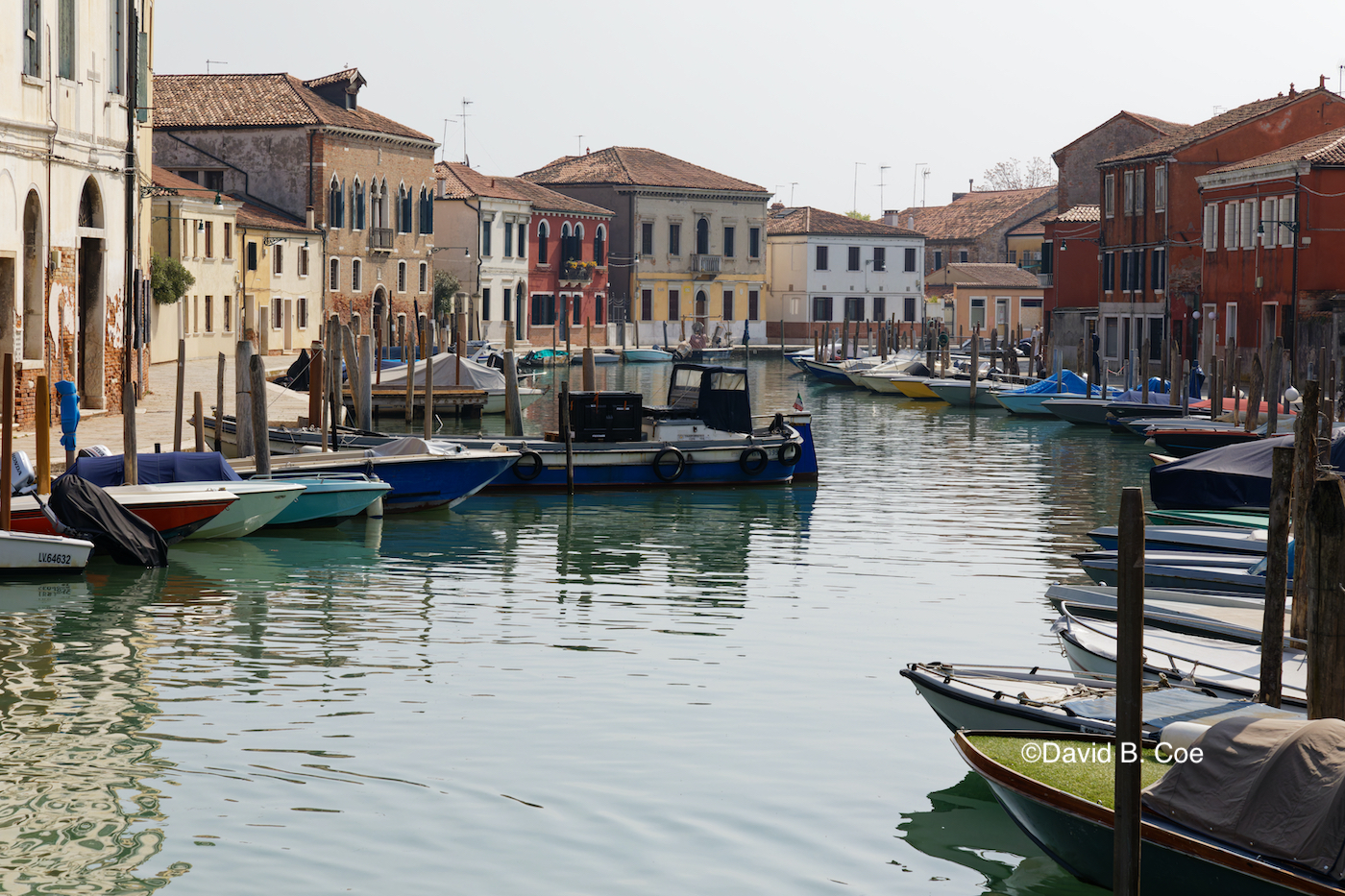 A cliché, to be sure. But as with so many clichés, it’s rooted in truth.
A cliché, to be sure. But as with so many clichés, it’s rooted in truth.
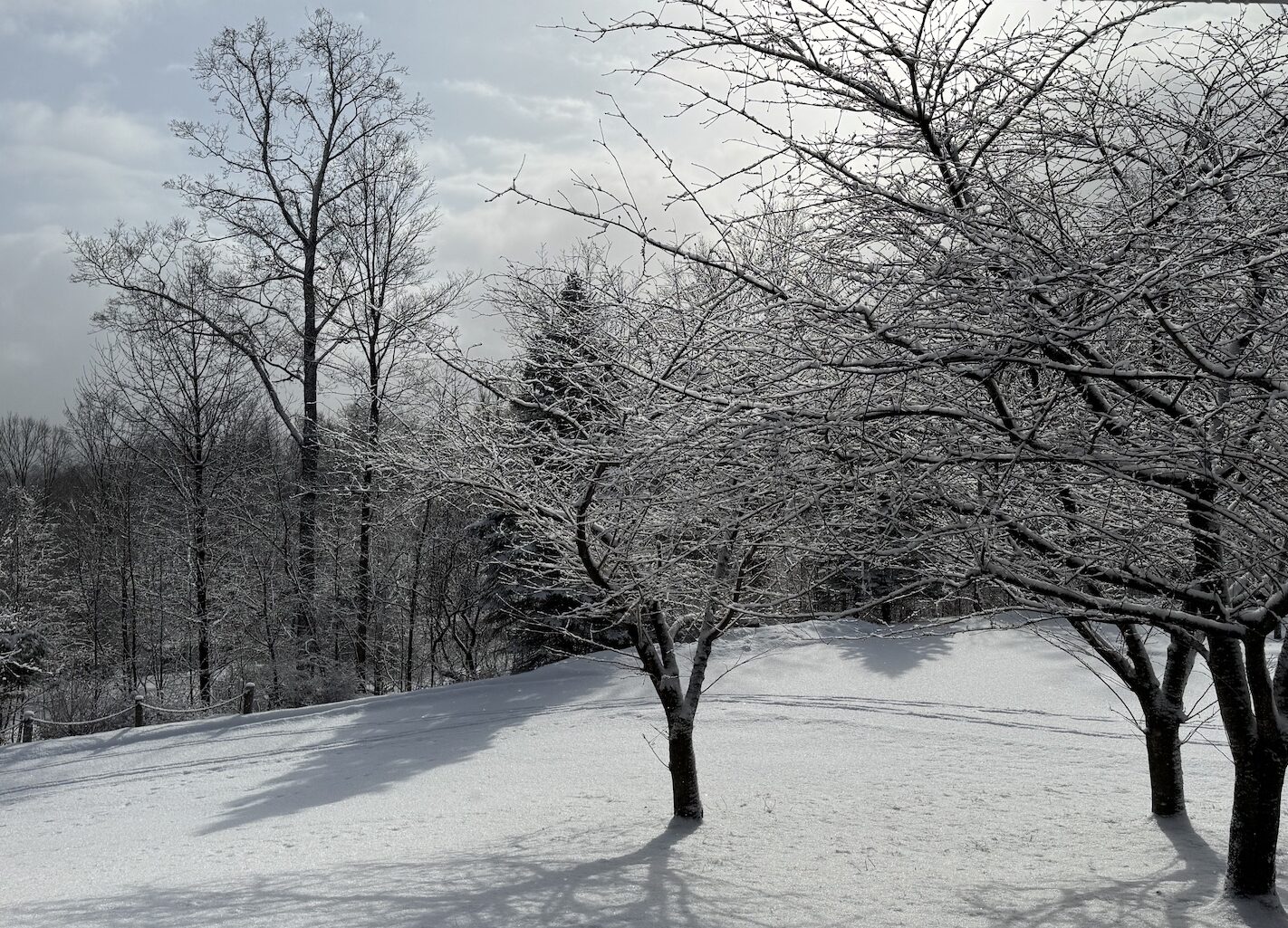 We woke this morning to a snow squall, something that happened with ever-decreasing frequency during our years in Tennessee, as climate change made the warm South even warmer. Here in New York, during the winter months, snow is still the default when there’s precipitation, and I love that. I have missed snow and don’t mind paying the plow guy or dealing with snow on the walkways and driveway. The beauty of an early morning snowfall more than makes up for the inconveniences.
We woke this morning to a snow squall, something that happened with ever-decreasing frequency during our years in Tennessee, as climate change made the warm South even warmer. Here in New York, during the winter months, snow is still the default when there’s precipitation, and I love that. I have missed snow and don’t mind paying the plow guy or dealing with snow on the walkways and driveway. The beauty of an early morning snowfall more than makes up for the inconveniences.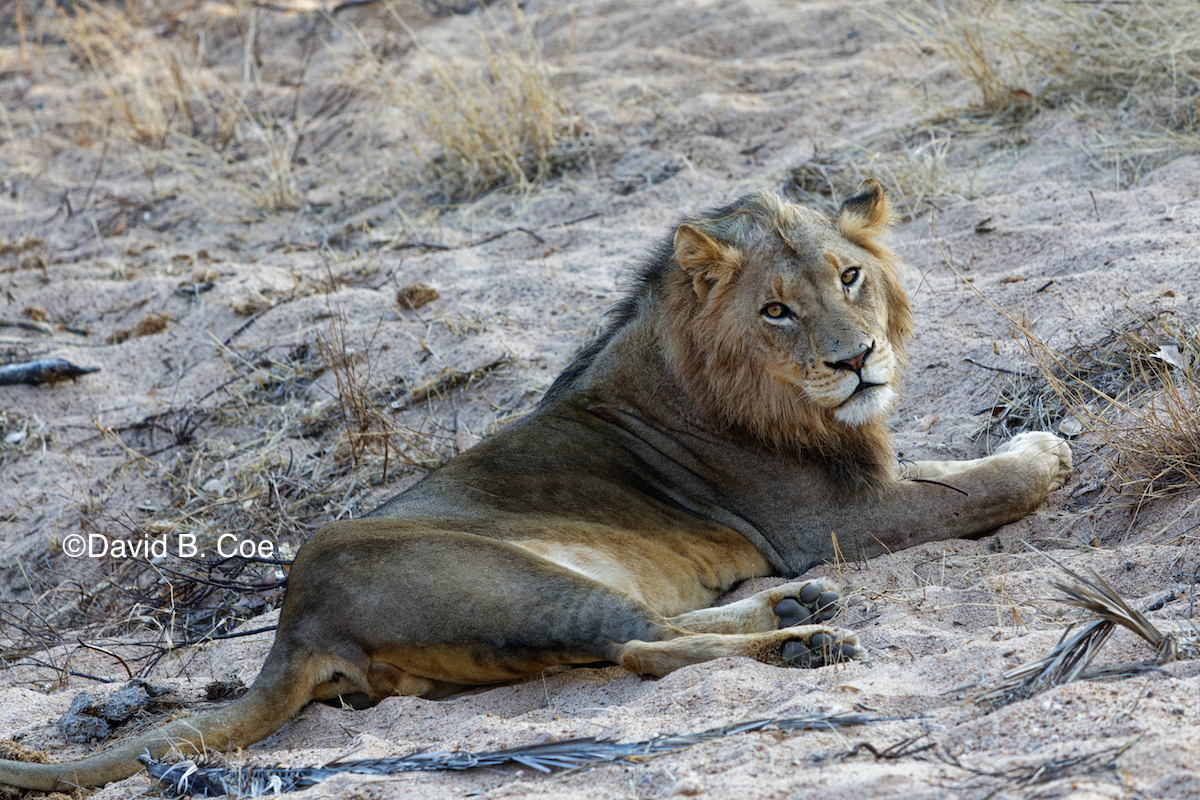
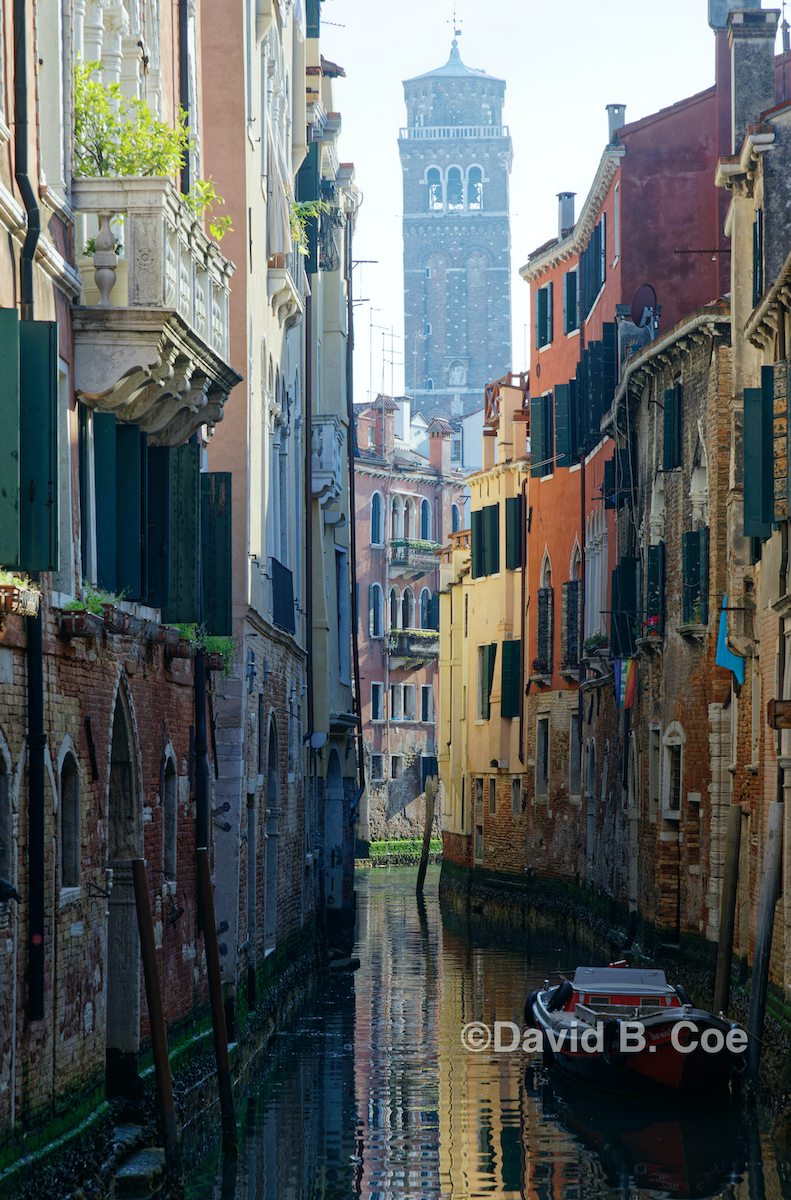
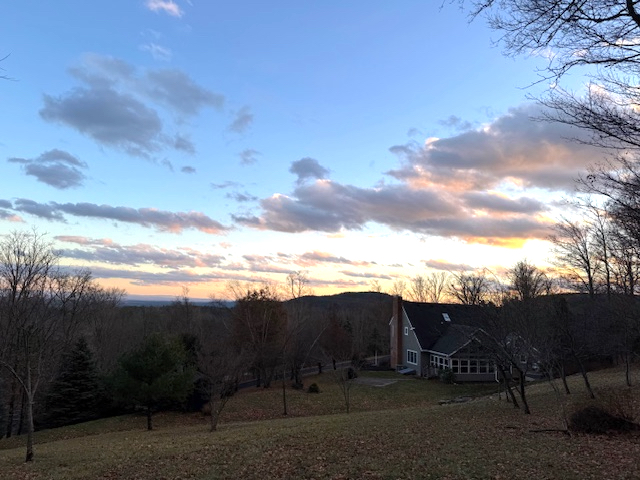
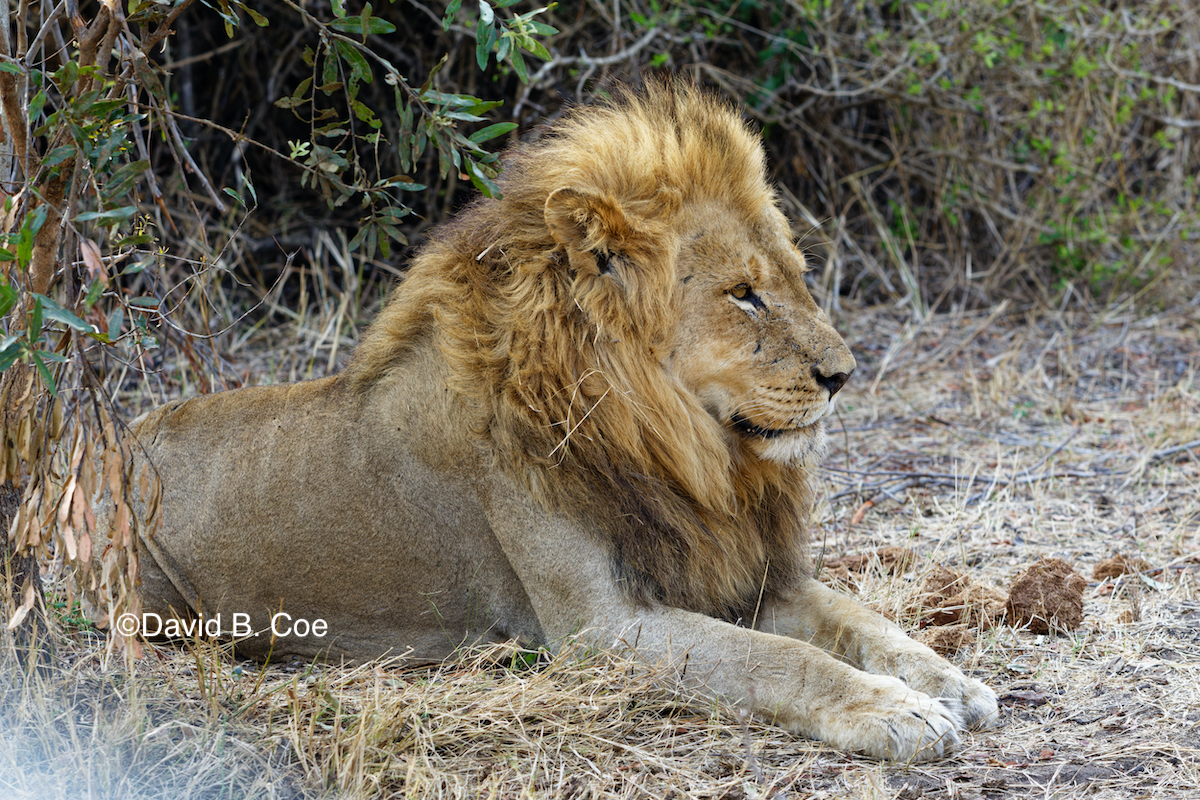
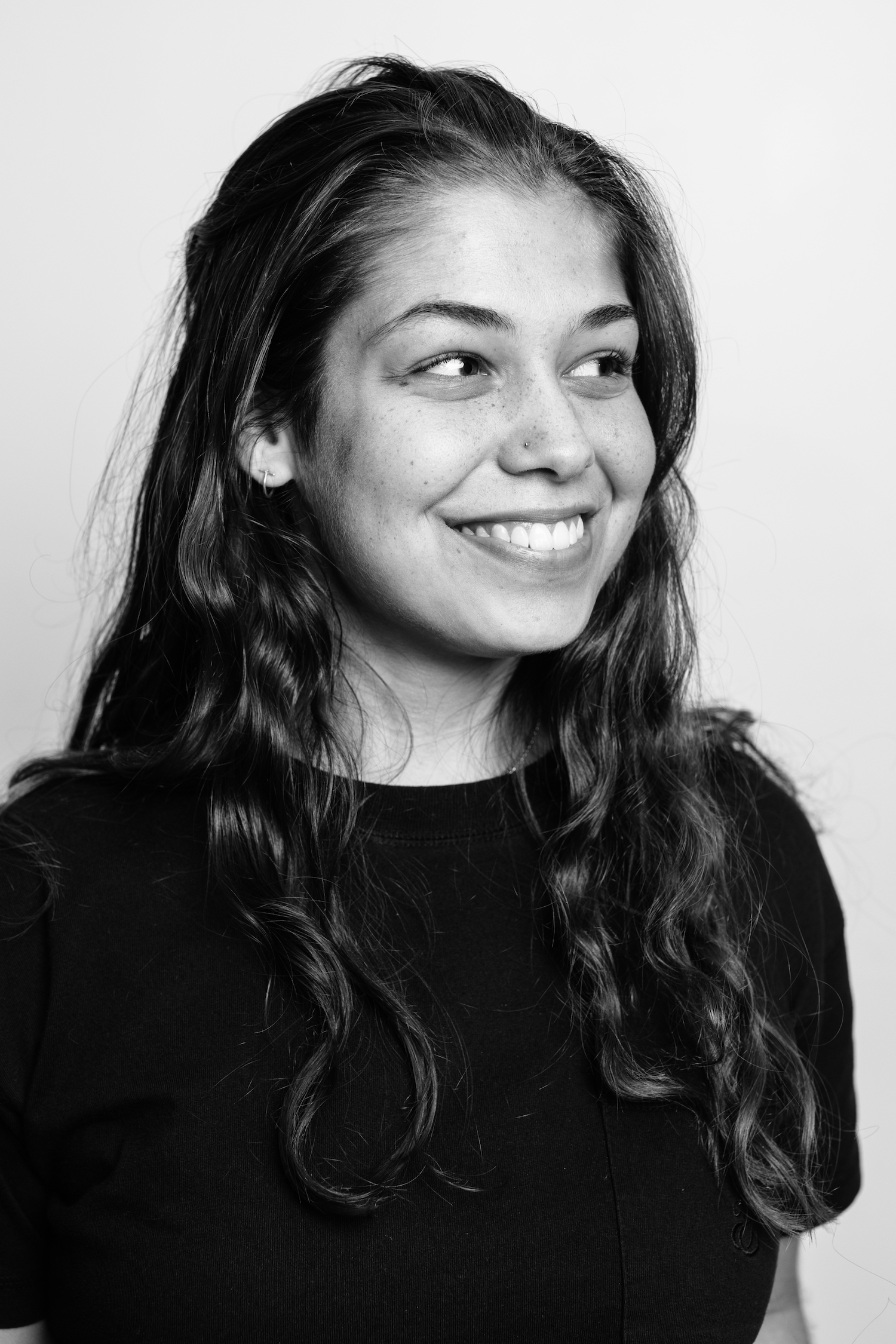
 This [see the photo above] will soon be our new home. It is in New York’s Hudson Valley, near Albany, on six-plus acres of beautiful land, complete with gardens, fruit trees, and a small pond. More important, it is maybe twenty minutes from my brother and sister-in-law, is equally close to one of my dearest friends and his partner, and is within easy drives of many other friends and family.
This [see the photo above] will soon be our new home. It is in New York’s Hudson Valley, near Albany, on six-plus acres of beautiful land, complete with gardens, fruit trees, and a small pond. More important, it is maybe twenty minutes from my brother and sister-in-law, is equally close to one of my dearest friends and his partner, and is within easy drives of many other friends and family.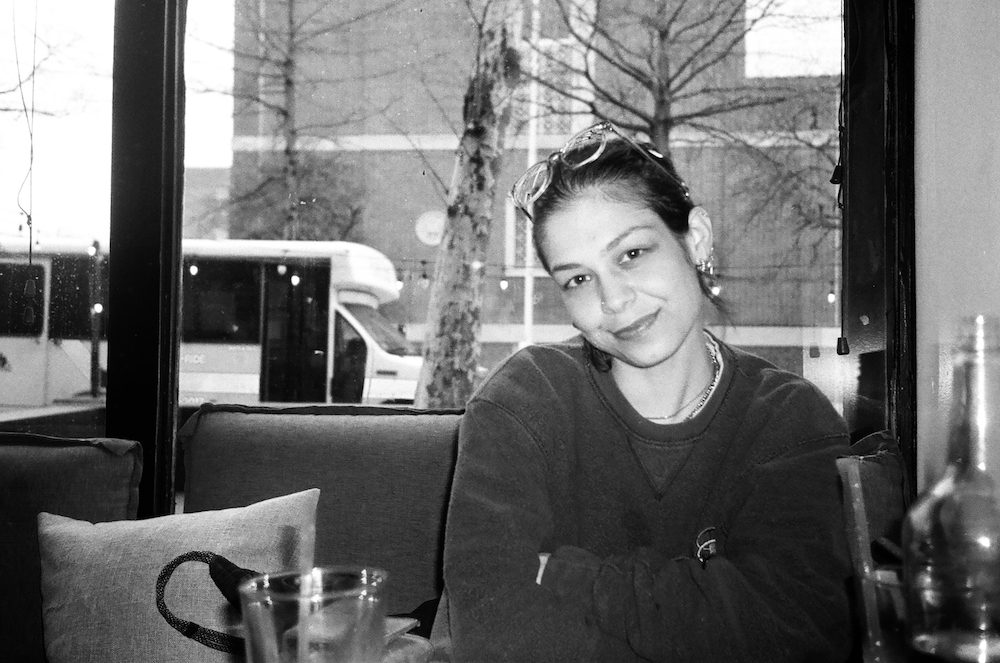
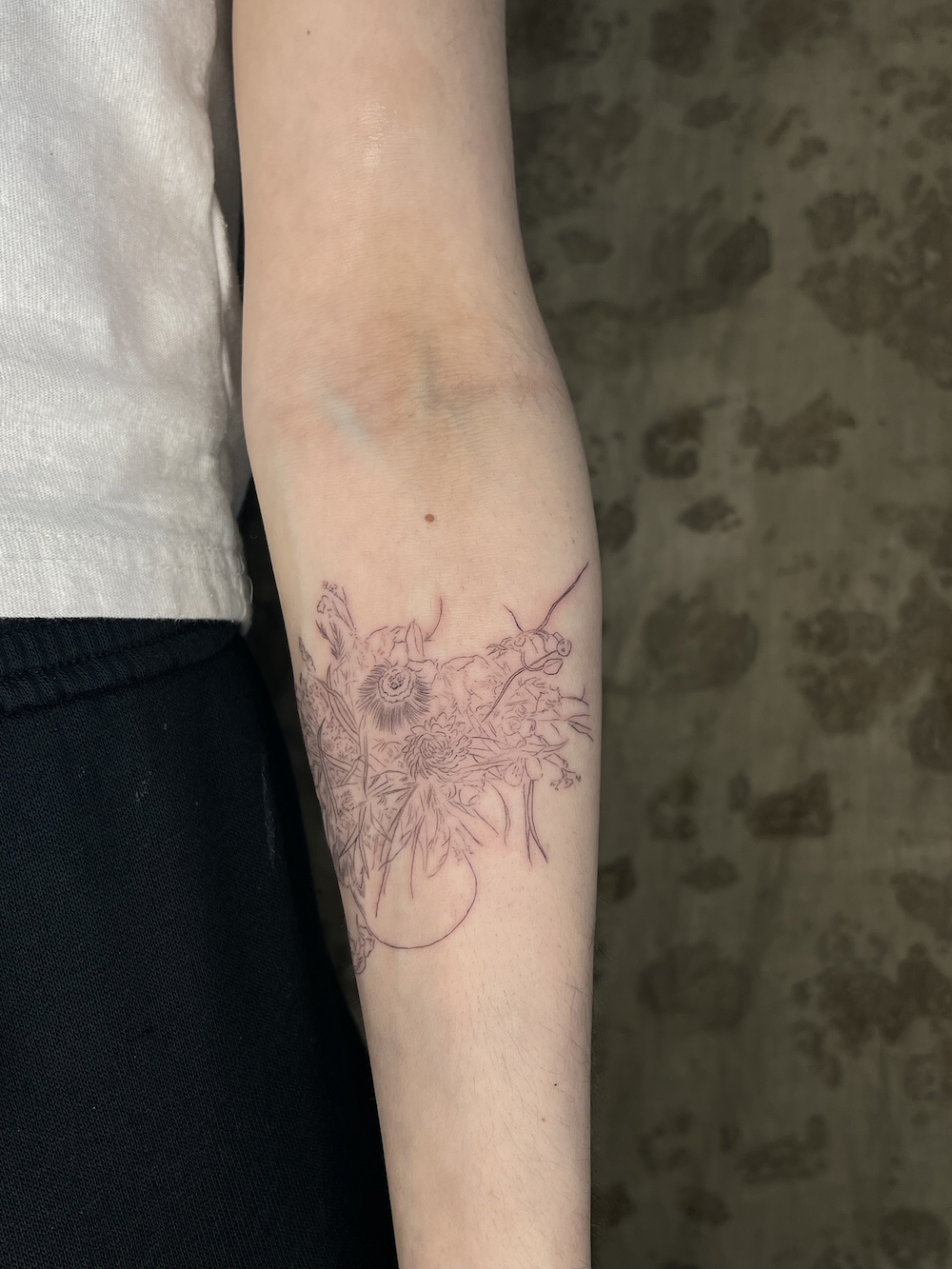 Somewhere along the way, as her battle went on, Alex decided she wanted to have the image of those blooms tattooed on her arm. She turned to a friend from NYU who had become an accomplished tattoo artist. This friend, Ally Zhou, specializes in fine line work, and was the ideal person to render the precise details of the dried bouquet. The result was a gorgeous tattoo that Alex bore proudly for the rest of her too-short life.
Somewhere along the way, as her battle went on, Alex decided she wanted to have the image of those blooms tattooed on her arm. She turned to a friend from NYU who had become an accomplished tattoo artist. This friend, Ally Zhou, specializes in fine line work, and was the ideal person to render the precise details of the dried bouquet. The result was a gorgeous tattoo that Alex bore proudly for the rest of her too-short life.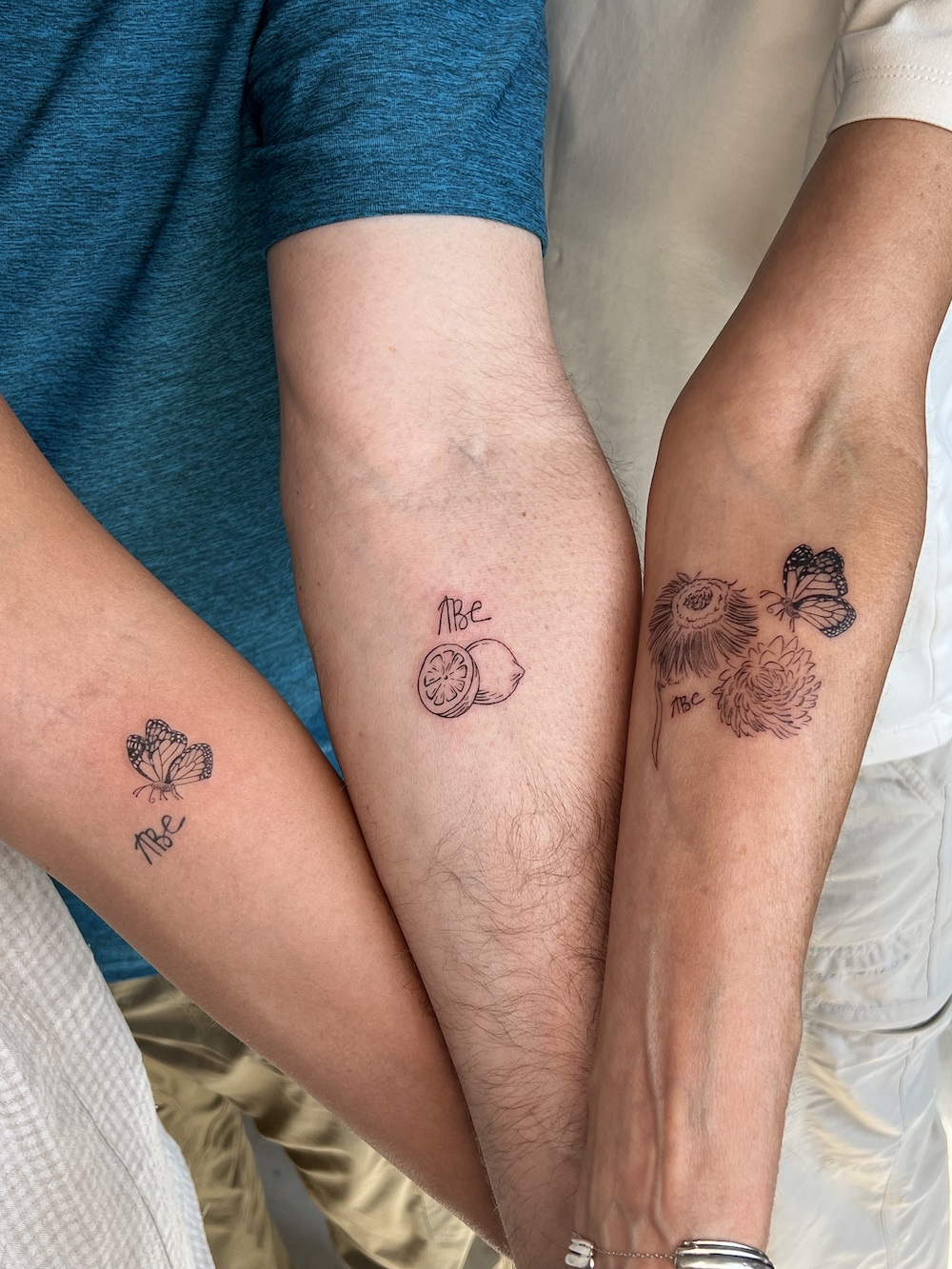 I know there are many of you reading this for whom a small tattoo is no big deal. You have sleeves or extensive back pieces or whatever. I think that’s great. But as I say, this was something Nancy and I had never intended to do. It felt momentous, like a ritual of sorts, a way of alchemizing our grief into something physical and shared and public, something that links us to one another and to Alex. I love my new tattoo, for what it means as well as for how it looks.
I know there are many of you reading this for whom a small tattoo is no big deal. You have sleeves or extensive back pieces or whatever. I think that’s great. But as I say, this was something Nancy and I had never intended to do. It felt momentous, like a ritual of sorts, a way of alchemizing our grief into something physical and shared and public, something that links us to one another and to Alex. I love my new tattoo, for what it means as well as for how it looks.